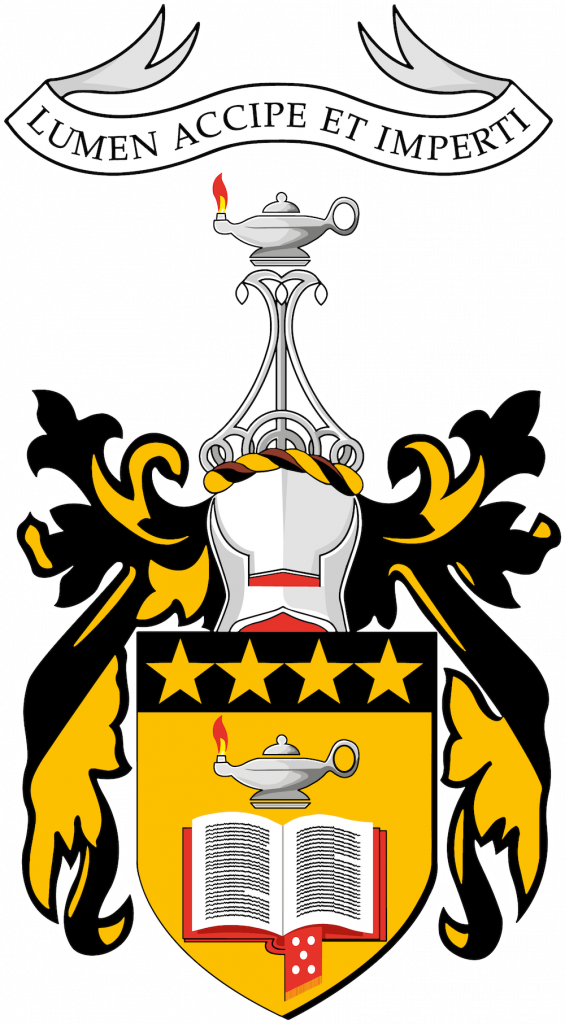Student Support
When studying at Wellington College, we want to give all students every chance to succeed. We encourage students to reach out when they need help; our supportive and knowledgeable Deans, Learning Support team, Counsellors, Chaplain, and Nurse are here to support students and whānau with any questions.
Getting in Touch
Included in the online enrolment application form is a section under ‘school questions.’ Here you are invited to provide details of any support needs or requirements.
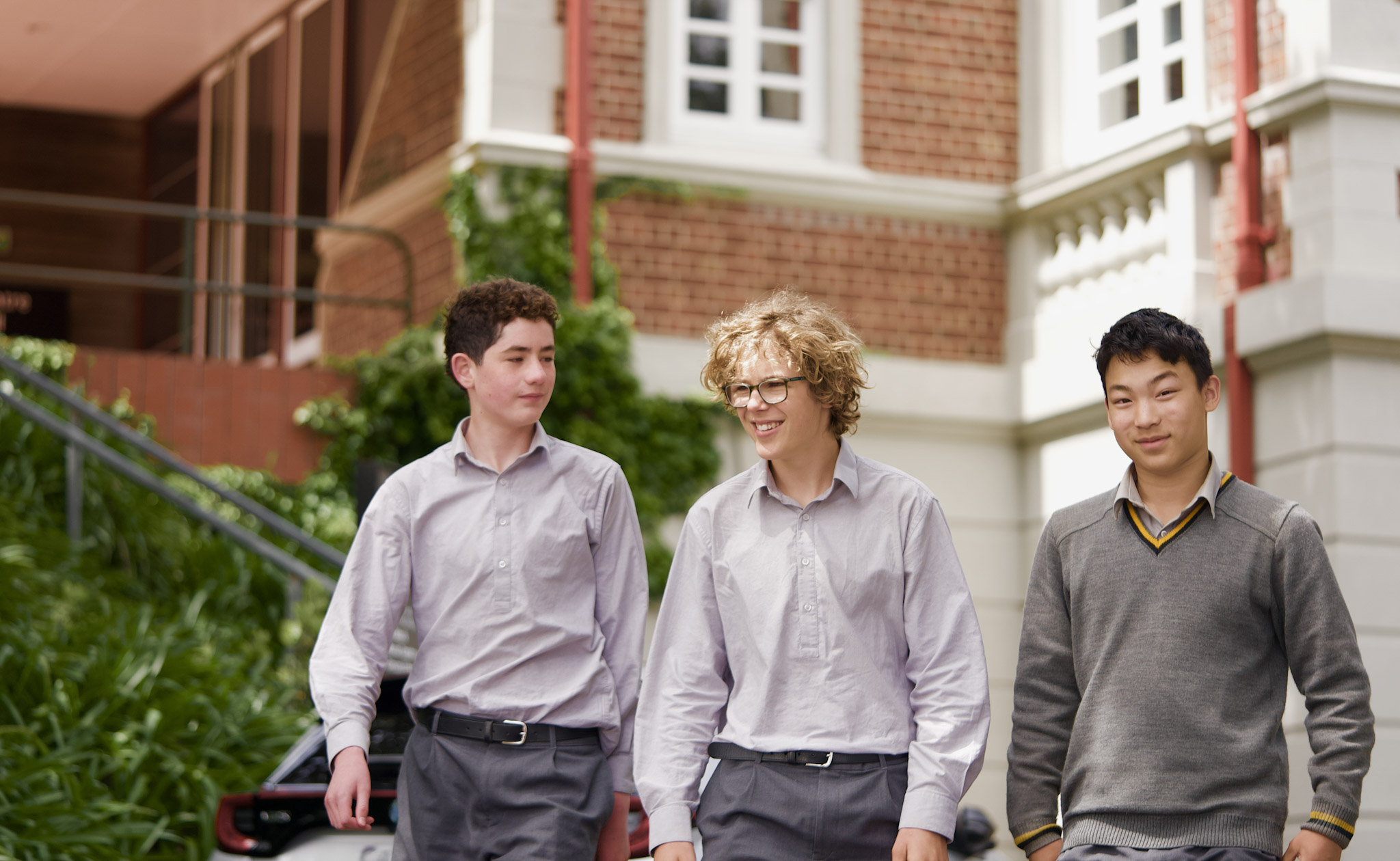
Deans and Guidance
You can email or telephone your Dean, or visit the Dean in the Dean’s Office.
Student/Learning Support
Wellington College’s Student/Learning Support Department, Te Pou Whirinaki, is focused on providing support and care to help remove barriers to ensure that all students can access the curriculum. Te Pou Whirinaki, literally means ‘post to lean on, pillar of support, dependable and reliable person’ and this is what we try and embody as a team.
The Department consists of Lead Teacher, Deb Marshall, Special Education Needs Coordinators (Co-SENCOs), Saskia Manktelow / Brenda van der Meulen, Autistic Spectrum Disorder (ASD) Advisor /Student Mentor, Henry Fane de Salis and a team of Teacher Aides.
In Year 9, students who require support with literacy are invited to take ‘Integrated Studies.’ This subject is designed to support students’ English classes and also to help them with the language demands across the curriculum. In later years, students who still need literacy support can continue with this option.
In the senior school, departments often offer courses with an internally assessed focus. These classes work closely with the Student/Learning Support team.
Wellington College is an inclusive school, and we support a range of learning, physical or medical challenges. Students who are funded are mainstreamed and part of our school community with the help of teacher aide support. Our school is committed to supporting these students through staff professional development, a range of support strategies, student mentoring and peer support.
Students who are eligible for Special Assessment Conditions (SACs) will have these provided where appropriate. Data to support a SAC application is needed from either a registered assessor or from school-based evidence.
Getting Help
The Guidance Counsellors at Wellington College are Geoff Charles, Lyndon Coppin, and Jane Gray.
They are based in the Guidance Centre – P2 (formerly Office 150, next to the Whare at the top of the drive).
In Crisis?
If it is an urgent mental health issue or crisis then it is best to call Te Haika (CCDHB)
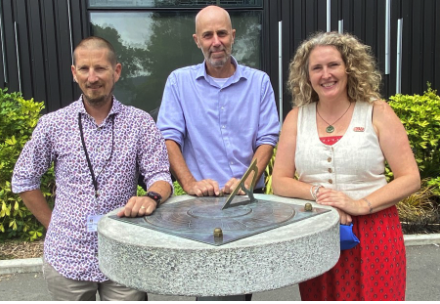
Our Counsellors
For an appointment or support email, phone, or text during school hours – or leave a message.
Getting Help
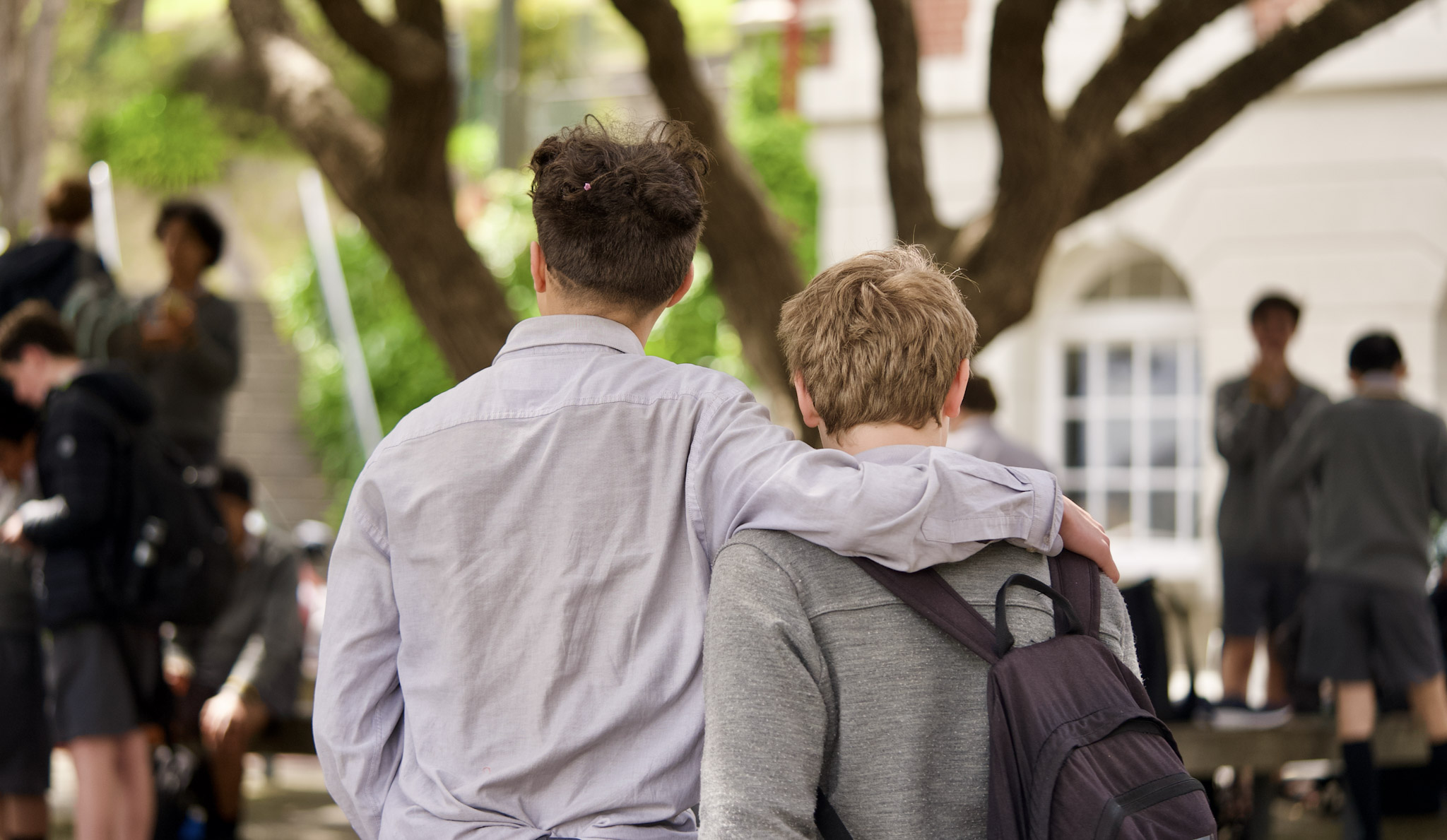
What happens in Counselling?
In counselling you are helped to explore your difficulties and concerns, and to develop more satisfying and resourceful ways of living. Counselling may at times make you feel temporarily uncomfortable, miserable or angry. However, overall it should feel safe and caring. You should also have a sense of progress over time.
Further information on many mental health issues can be found by visiting this excellent site.
Getting Help
We also have a new online reporting tool WC Bullying Free Helpline(Anonymous Online Reporting) for you to use if there is anything happening that is potentially harmful to anyone in our community – both online and offline.
